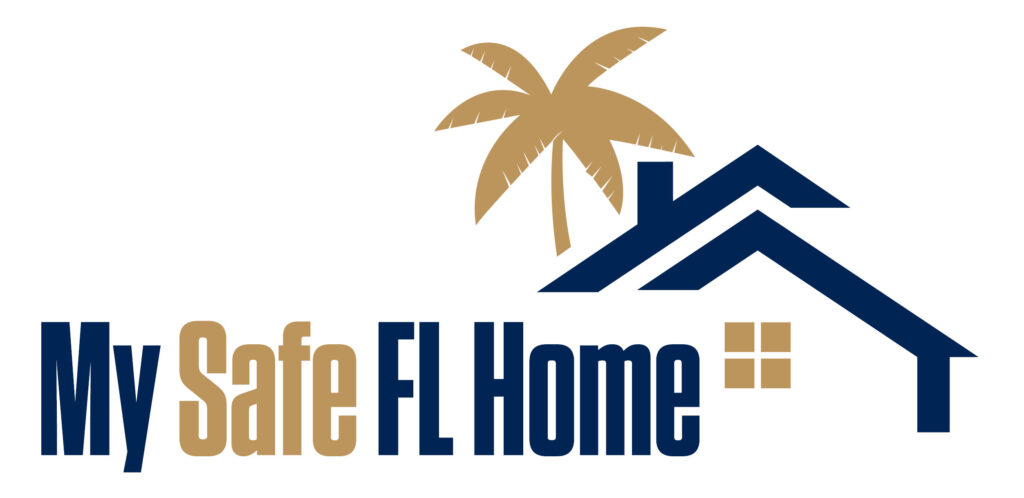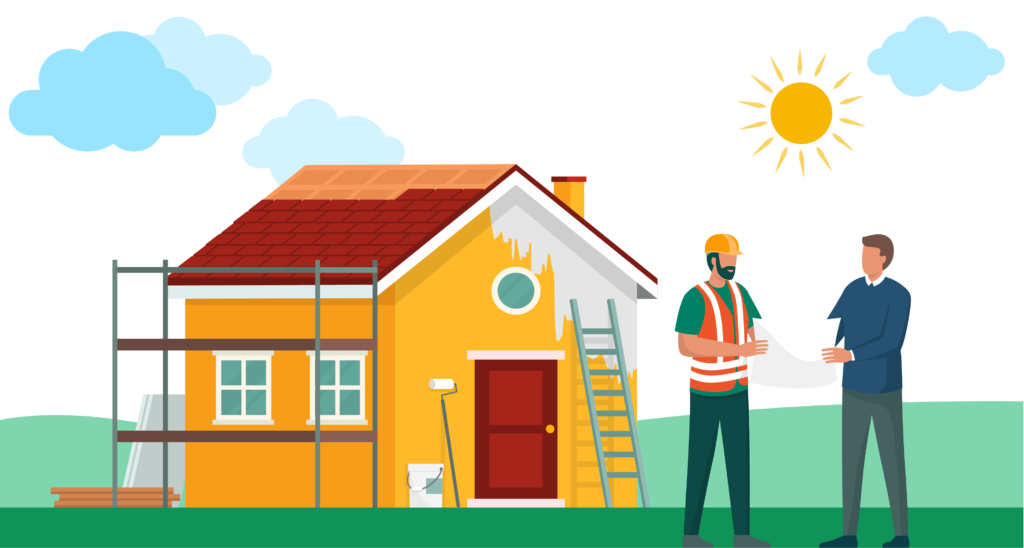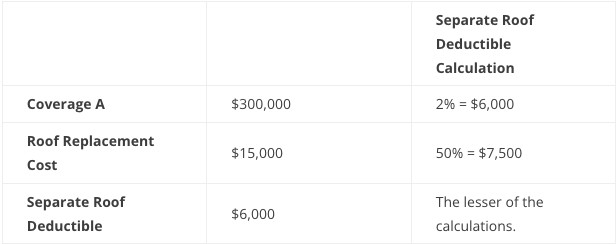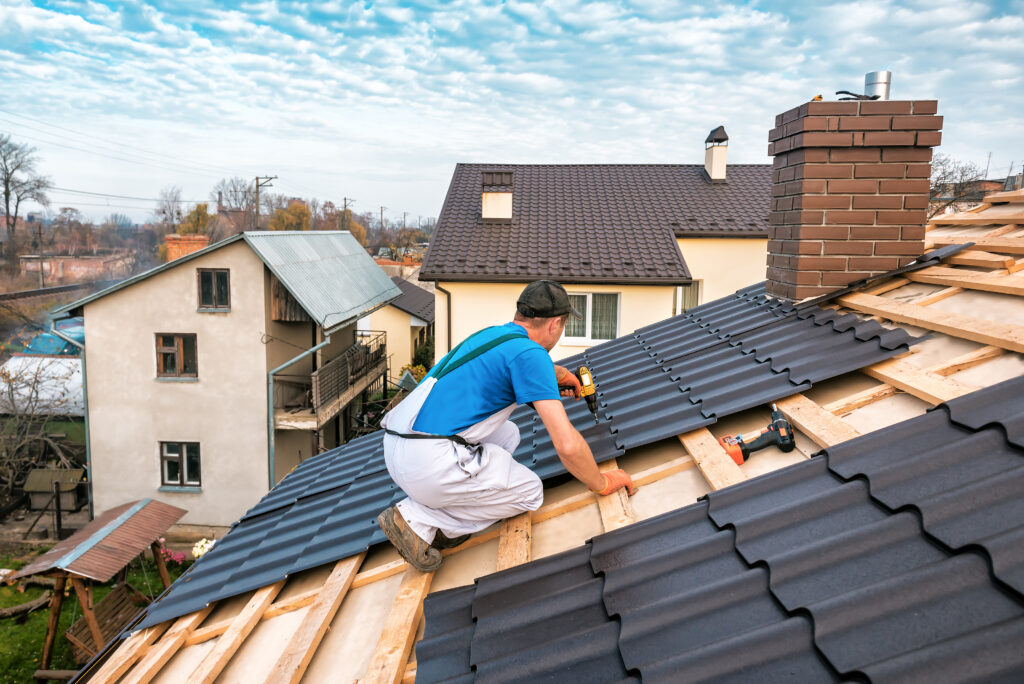2022 Property Insurance Changes
The Florida Legislature concluded a Special Legislative Session specifically to address property insurance. The Legislature passed two bills – Senate Bill 2D and Senate Bill 4D – and Governor DeSantis signed each on May 26, 2022.
Both bills include changes that will impact you as a property insurance policyholder. Below is an overview of key changes. All changes are effective immediately.
To review all included changes, read the bills online on the Florida Senate’s website:
Changes in Senate Bill 2D:
My Safe Florida Home Program

For eligible homeowners, the My Safe Florida Home Program provides funds to obtain free hurricane mitigation inspections and matching grants to decrease the likelihood of damage caused by a hurricane. For each $1 you spend on mitigation or hardening improvements for your home, the program provides $2 up to $10,000. Exceptions are provided for low-income homeowners. A total of $150 million is allocated for the program.
Including hurricane mitigation improvements on your home may result in a decrease in your homeowners insurance premium.
Eligibility
- Homestead single family homes valued at $500,000 or less.
- Located in the wind-borne debris region identified in the Florida Building Code.
- The homeowner must ensure the home is available for inspection after the mitigation project is completed.
- The building permit for initial construction of the home must have been made before January 1, 2008.
- The home must have undergone an acceptable hurricane mitigation inspection after July 1, 2008.
For more information, please visit the My Safe Florida Home Program site.
Contractor Solicitation Prohibitions

Contractors are prohibited from making written or electronic communications that encourage a homeowner to contact a contractor or public adjuster to make a property insurance claim for roof damage unless the solicitation includes the following:
- The consumer is responsible for the payment of the deductible.
- It is insurance fraud punishable as a third-degree felony for a contractor to pay or waive an insurance deductible.
- It is insurance fraud punishable as a third-degree felony to intentionally file an insurance claim containing false, fraudulent, or misleading information.
For more information on contractor solicitation and fraud, visit Demolish Contractor Fraud: Step to Avoid Falling Victim.
Separate Roof Deductibles

Property insurance companies are allowed to offer a policy with a separate roof deductible of up to two percent of the Coverage A (dwelling) limit of the policy or 50 percent of the cost to replace the roof, whichever is lower.

| Separate Roof Deductible Calculation | ||
| Coverage A | $300,000 | 2% = $6,000 |
| Roof Replacement Cost | $15,000 | 50% = $7,500 |
| Separate Roof Deductible | $6,000 | The lesser of the calculations. |
This is an opt-out endorsement, which means that you must be offered and allowed to decline the roof deductible by signing a form. If a roof deductible is added to your policy at renewal, the insurance company must provide a notice of change in policy terms and allow you to decline the separate roof deductible.
Insurance companies must offer a premium credit or discount for selecting a policy with a separate roof deductible.
The roof deductible does not apply to:
- A total loss caused by a covered incident.
- Damage caused by a hurricane.
- Damage caused by a tree or other hazard that damages the roof and punctures the roof deck.
- Damage requiring the repair of less than 50 percent of the roof.
When a roof deductible is applied, no other deductibles under the policy may be applied.
Details regarding the roof deductible must be presented to you in a clear, concise manner. Specific language is required as a separate page of your policy. The amount of the roof deductible must be included on the declarations page.
Roof Age

An insurance company cannot refuse to issue or renew a homeowners insurance policy on a home with a roof less than 15 years age solely because of the roof’s age.
If a roof is 15 years old or older, an insurance company must allow a homeowner to have a roof inspection performed by an authorized inspector before requiring the roof to be replaced in order to have the policy issued or renewed. The homeowner is responsible for the cost of the inspection. The insurance company may not refuse to issue or renew a homeowners insurance policy solely because of roof age if an inspection of the roof indicates that the roof has five years or more of useful life.
Insurance Claims Handling

Within 45 days of receiving a proof of loss statement, an insurance company must conduct a physical inspection of the property. This requirement does not apply to hurricane claims.
Insurance companies must notify policyholders of their right to receive any detailed report/estimate developed by the adjuster. The report must be provided to the requesting policyholder within seven days of the request or the completion of the report, whichever is later.
If there is a difference in the claim payment and the estimate, insurance companies must provide a reasonable explanation of the claim decision.
Additional Changes

- Bad faith lawsuits
- Attorney fees related to Assignment of Benefits
- Fee multipliers awarded to attorneys
- Regulation of insurance companies
- Reporting requirements for insurance companies
Read more here: Senate Bill 2D
Changes in Senate Bill 4D:
Roof Repair Compliance

If a roof was built, repaired, or replaced in compliance with the 2007 Florida Building Code or later and at least 25% of the roof is being repaired, replaced, or recovered:
- only the part being repaired, replaced, or recovered must be constructed in compliance with the current Building Code.
Condo Inspections

Condo inspections every 10 years for:
- 30+ year old buildings that are three stories or higher
- 25+ year old buildings near a coastline
For specific required steps on inspections and studies, including the amount of reserves to cover necessary repairs click here: Senate Bill 4D
